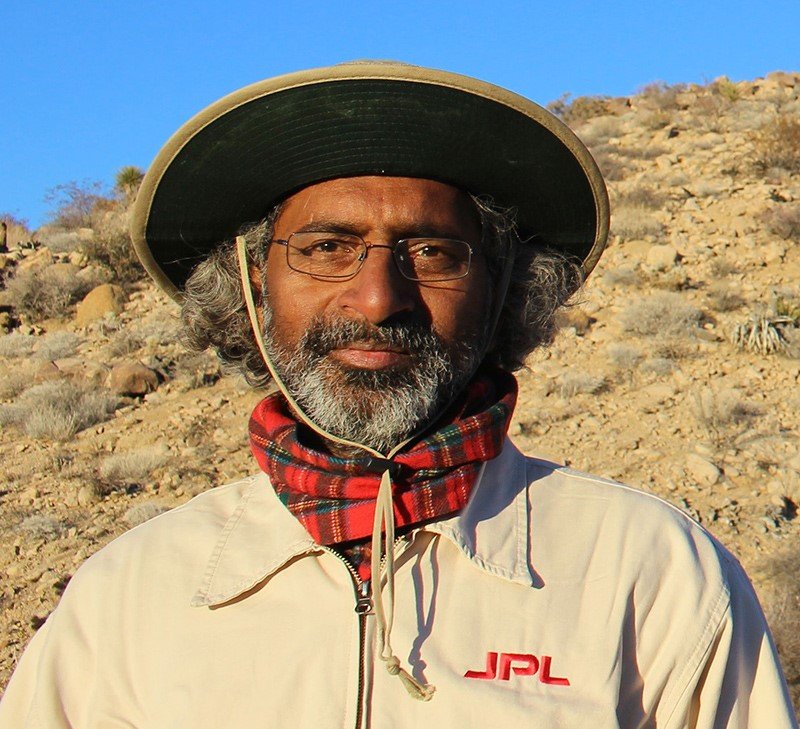NASA’s Europa Clipper Mission: Investigating Habitability of Europa, Jupiter’s Icy Moon
The Europa Clipper Mission is set to launch in less than two weeks, on October 10!
Europa is one of the four Galilean Moons of Jupiter, and it has more water than on Earth. Europa is on the top of the list of Ocean Worlds that have potential to harbor life. Its surface is presently estimated to be covered by several kilometers-thick water-ice. Galileo Mission data indicates conducting liquid water ocean beneath this ice shell. With internal heat generated due to gravitational variations between Jupiter and Europa and radiation coming from Jupiter’s magnetosphere to Europa, scientists think that Europa may have the potential to harbor Life. With the task of investigating Europa’s Habitability, the Europa Clipper Mission is gearing up with several instruments dedicated to investigating interior, surface, and atmospheric composition of Europa. This talk will take a close look at what we know so far about Europa and what exciting science could be coming soon from the Europa Clipper Mission.
Acknowledgment: This work was carried out at the Jet Propulsion Laboratory, California Institute of Technology, under a contract with the National Aeronautics and Space Administration (NASA). Funding from NASA through HW and PSIE programs is acknowledged.
Lecturer: dr. Murthy S. Gudipati, Science Division, NASA Jet Propulsion Laboratory, California Institute of Technology, Pasadena, California, USA
Dr. Murthy Gudipati is actively involved in Europa Clipper Mission since 2014 as a Co-I and Investigation Scientist. Currently his research focus is to understand evolution of ice and organic (and mineral) matter under radiation environments such as on Europa’s surface. He has been working on putting a cryogenic comet sample return mission concept to bring deeper parts of a comet’s nucleus, which could hold the secrets of our early solar system. Understanding the origin of Life on Earth and potential for Life to exist elsewhere in the Universe are Dr. Gudipati’s science passion!
Dr. Gudipati received his Ph.D. (1987) at the Indian Institute of Science, Bangalore, India. After a 3-year post-doctoral fellowship at the University of Texas at Austin, he joined University of Cologne, Germany in 1990, where he was awarded Habilitation in Physical Chemistry (tenure) in late 1998. In 2007, Dr. Gudipati joined NASA's Jet Propulsion Laboratory where he studies the evolution of ices in the universe. In 2024, he spent 4 weeks in Hungary as an Embassy Science Fellow, hosted by Atomki in Debrecen.
The lecture will be an online live presentation but can only hear and see at the venue.



Also for foreigners

Nem regisztrációköteles

